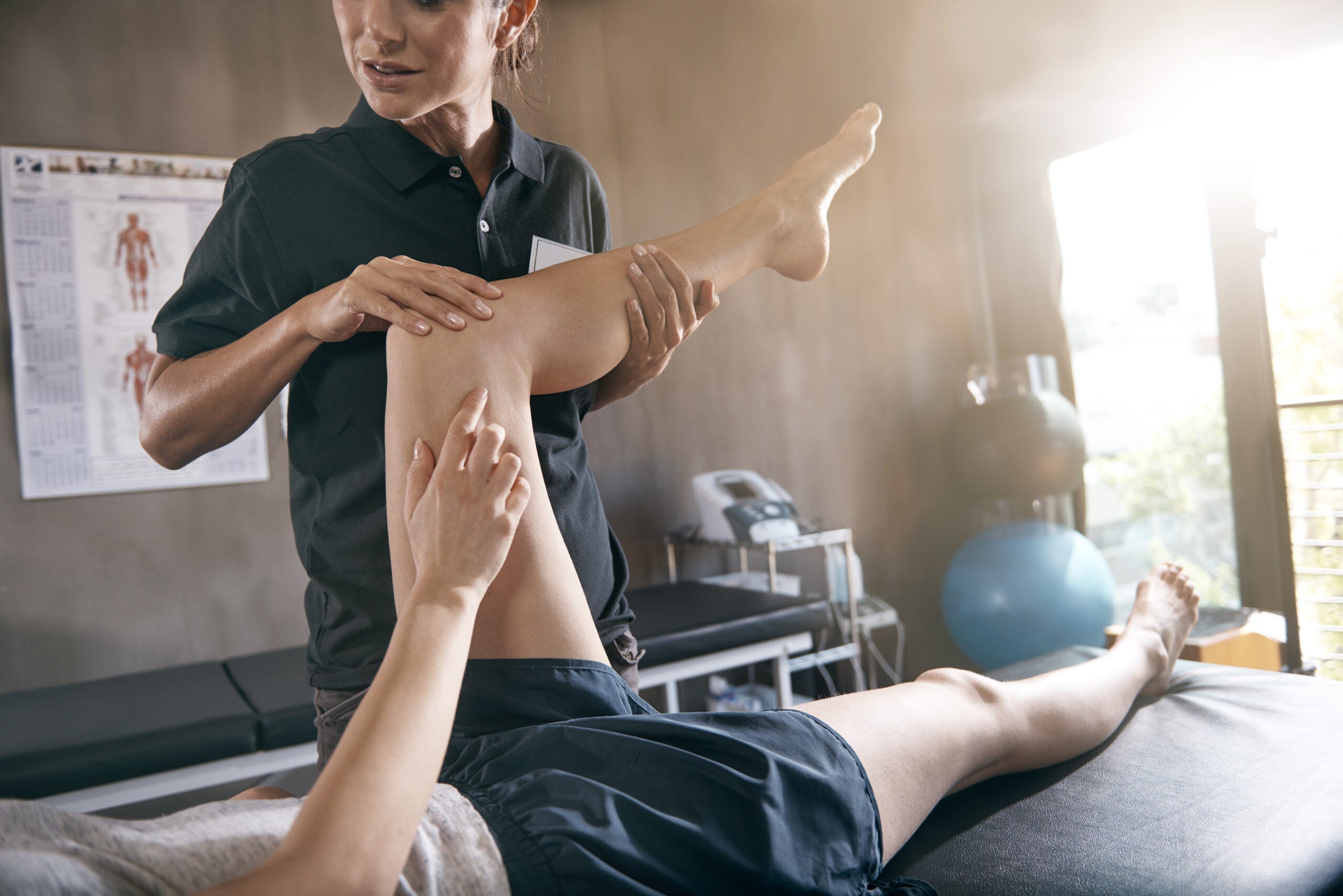One of the main advantages of using FMS in rehabilitation is its capability to identify specific aspects that need improvement. For example, if a client struggles with squatting or lunge movements, it may indicate a deficiency of mobility in their hip joints or ankles. This data allows clinicians to create customized exercise programs that emphasize addressing these deficits. As a result, patients are more likely to recover their strength and ability, which is crucial for resuming to daily activities or athletics.

Implementing effective FMS procedures can also assist prevent future harm. Many damages occur due to poor movement patterns or excessive use of certain muscular clusters. By screening individuals before they begin a rehabilitation program, clinicians can detect risks and implement approaches to minimize them. Educating patients about proper mobility patterns and strengthening underdeveloped aspects can lead to long-term benefits, ensuring that they stay active and fit.
Additionally, the use of FMS can improve communication between healthcare professionals and clients. When patients witness their movement patterns evaluated and clarified, they gain a clearer comprehension of their recovery journey. This clarity fosters trust and motivates patients to take an engaged part in their rehabilitation. By involving patients in their rehabilitation journey, they are more likely right here to follow to prescribed exercises and lifestyle adjustments that support better outcomes.
In conclusion, enhancing recovery outcomes through effective operational movement screening procedures is essential for both clients and healthcare professionals. By accurately evaluating mobility mechanics, clinicians can develop customized recovery programs that meet individual needs. This not only this link facilitates in recovery but also helps avoid future injuries. As patients become more engaged in their recovery journey, they are likely to achieve their objectives and maintain a fit, engaged lifestyle.